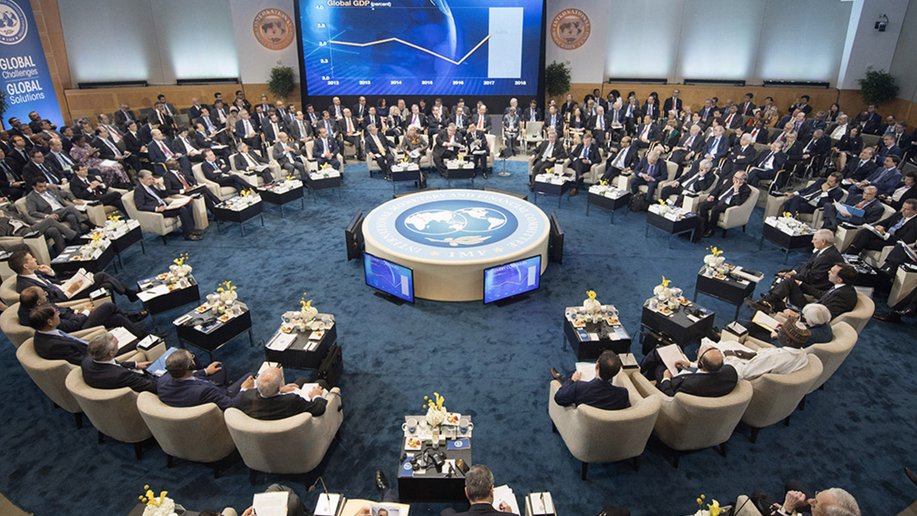On October 5, CESR participated in a dialogue as part of the IMF and World Bank Civil Society Policy Forum, focused on the role of International Financial Institutions in intersecting conflicts and crises in the Arab region. The event featured speakers offering perspectives from Syria, Lebanon, Egypt and other countries in the region.
CESR's Mahinour El Badrawi highlighted concerning evidence from Egypt, flagging for example that poverty increased significantly after the economic reforms urged by the IMF were put in place, while the tax mix has become more regressive and women have been disproportionately impacted by cuts to public sector jobs. She noted how "the cyclical socio-political crisis in the region—fueled by austerity, lack of participatory economic governance, and violations of socioeconomic rights—is only made worse by shrinking civil society space and crackdowns on critics of the IMF-backed reforms". Rabie Nasr from the Syrian Center for Policy Research argued that the IMF's policies are in fact fuelling crony capitalism in the region, which in turn exacerbates stark inequalities and makes conflict more intractable. Shaddin Alhajahmad of Oxfam shared findings from their recent report 'A Decade of Hope Not Austerity', which finds that billionaires in the region have increased their wealth by about $10bn from March - while millions are being pushed into poverty and unemployment.
The event, which also featured speakers from the World Bank and IMF, was co-sponsored by CESR, along with a group of civil society organizations and networks that included the Arab NGO Network for Development, Arab Watch Coalition, Third World Network, Oxfam and others.
